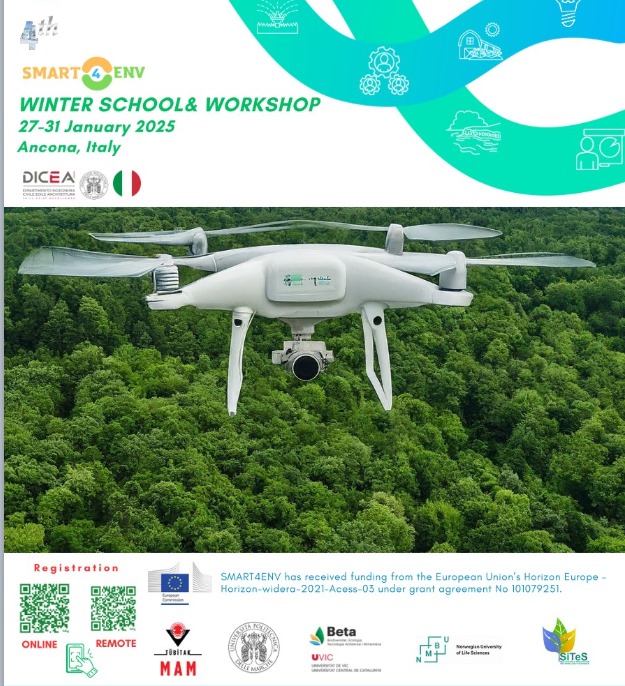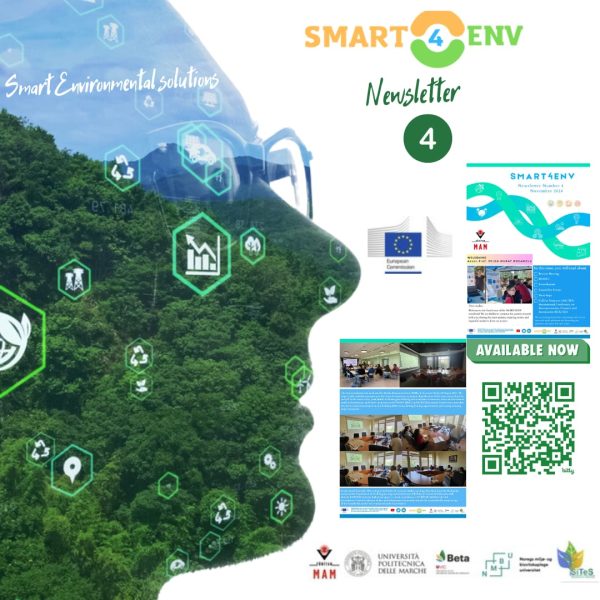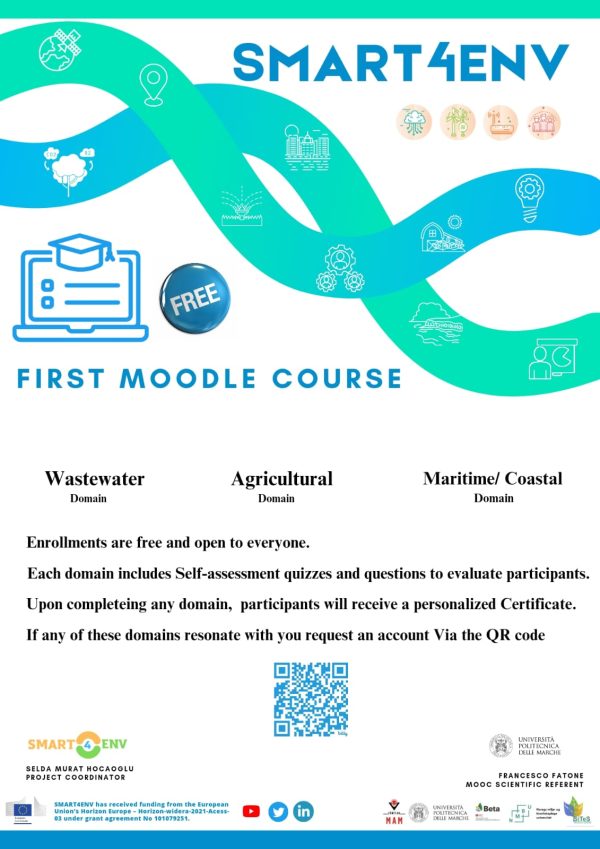The Mobility program for the SMART4ENV project has begun as planned according to the project timeline, starting from September 11, 2023, to September 29, 2023, at UNIVPM. The Mobility program is one of the most important deliverables of the SMART4ENV projects, and through our website we will review the various activities of the program and the trainees. We will also review the most important goals for you. Mobility program and its outcomes.
What is the SMART4ENV Mobility Porgramme?
SAMRT4ENV Mobility provides financial support to fund the cost of travel (transport, accommodation, etc.) of a researcher.
The international partner is a partner of SMART4Env project that agrees to host the individual research, guides him/her/them through their working environment and implements the project with him/her/them.
The SMART4ENV Mobility scheme allows the researcher to internationalize their activities by pursuing one of the following objectives in different HOST INSTITUTION (UNIVPM/UVIC/NMBU).
What are objectives from the SMART4ENV Mobilities for individual specialized training (IT) for Seniors and/or technical staff?
⦁ Training on Smart Environmental solutions applied to resilient water management in support of topics of visual sensors and imaging; real-time chemical dosing and monitoring; IoT and implementation of data analysis algorithms . (IT1)
⦁ Training on Smart Environmental solutions applied to smart agriculture in support of topics of sensors and microcontrollers for efficient and effective water usage; remote sensing techniques and satellite systems for soil moisture mapping; drought and surface flood data for early warning. (IT2)
⦁ Training on Smart Environmental solutions applied to air quality in support of topics of low-cost air quality and road traffic monitoring systems for real time mapping street-level air quality. (IT3)
⦁ Training on Smart Environmental solutions applied to coastal management in support of topics of predictive models for a better understanding of the mechanisms by which climate change affects the meteo-marine forcing and its impacts on coastal processes. (IT4)
⦁ Multidisciplinary trainings on RRI, internationalization, Vitae Researcher Development Framework, outreach, proposal development and fund raising for national and EU programmes . (IT5)
What are objectives from the SMART4ENV Mobilities for Early-Stage Researchers (ESR) and/or Research Staff?
⦁ Smart Environmental solutions applied to water management: real-time chemical dosing for increased resiliency and efficiency in treatment plants. (ITE1)
⦁ Smart Environmental solutions applied to water management: real-time alarming and problem detection for sludge process using real-time images. Process of images in terms of sludge characteristics and water content for problem detection and for tuning of operational parameters. (ITE2)
⦁ Smart Environmental solutions applied to smart irrigation to prevent water wastage through water recycling and to prioritize pump operations based on the level of water in reservoir. (ITE3)
⦁ Smart Environmental solutions applied to smart agriculture for spatially and temporarily continuous monitoring of soil moisture. (ITE4)
⦁ Smart Environmental solutions as low-cost air quality and road traffic monitoring systems for mapping street-level air quality and Smart Environmental solutions applied to coastal management. (ITE5)
SMART4ENV Mobility Programme activities In Italy
Monday September 11, 2023, welcome for all Groups and Technical Visit to Lab (SIAMU &DIISM)
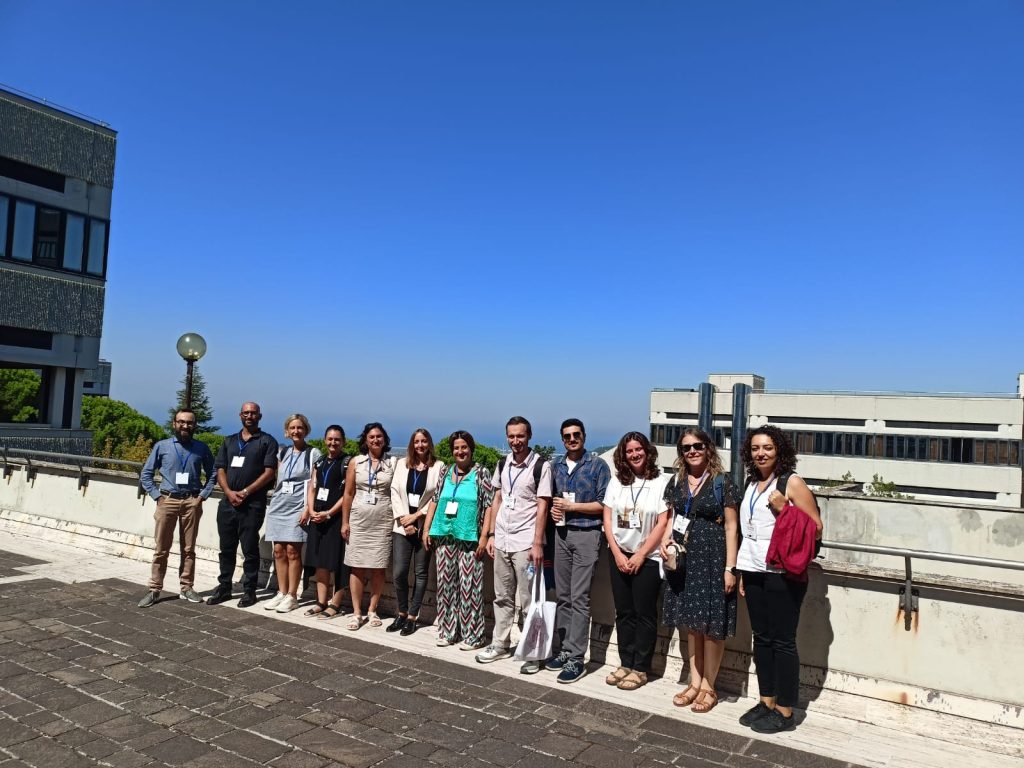
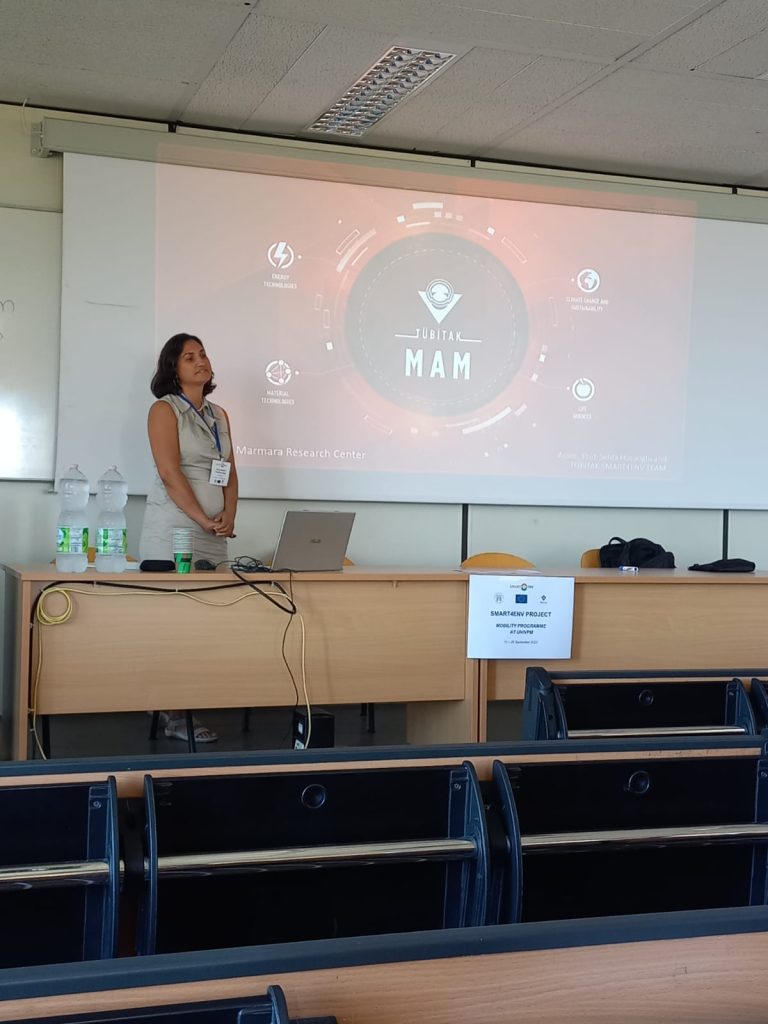
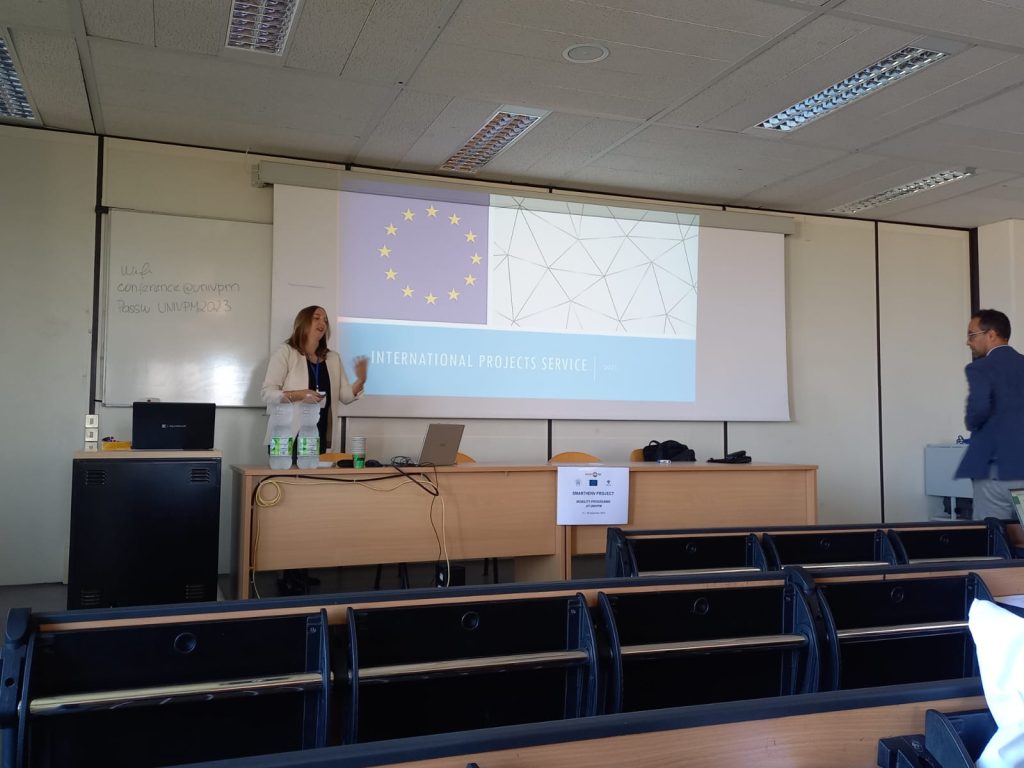
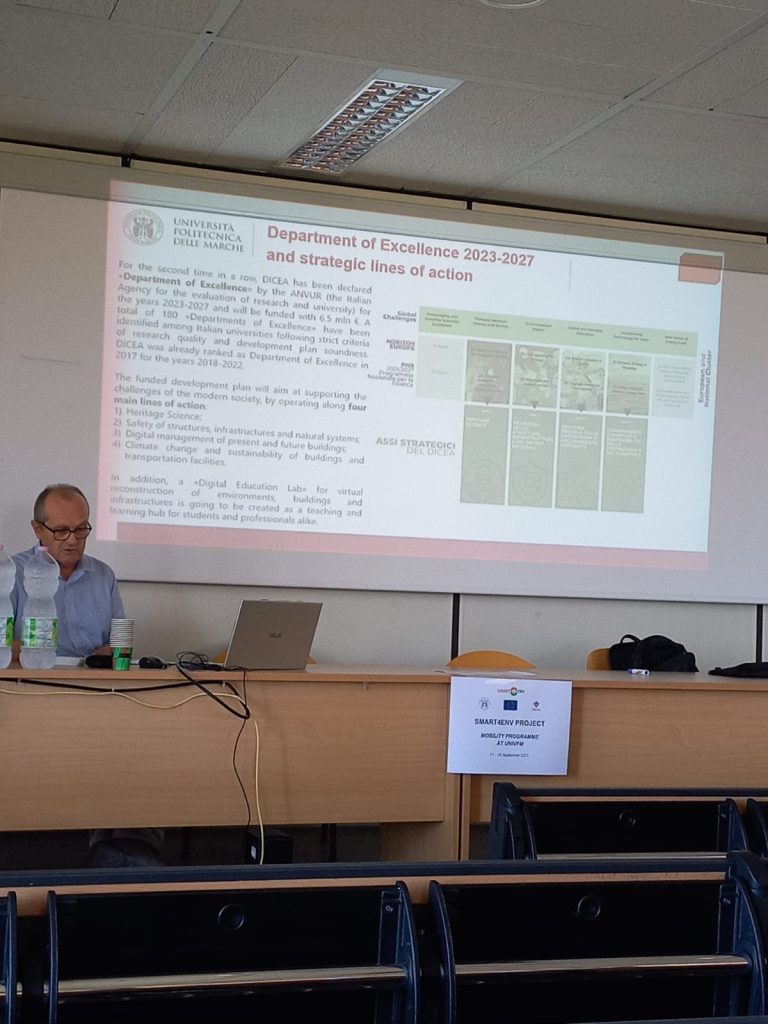
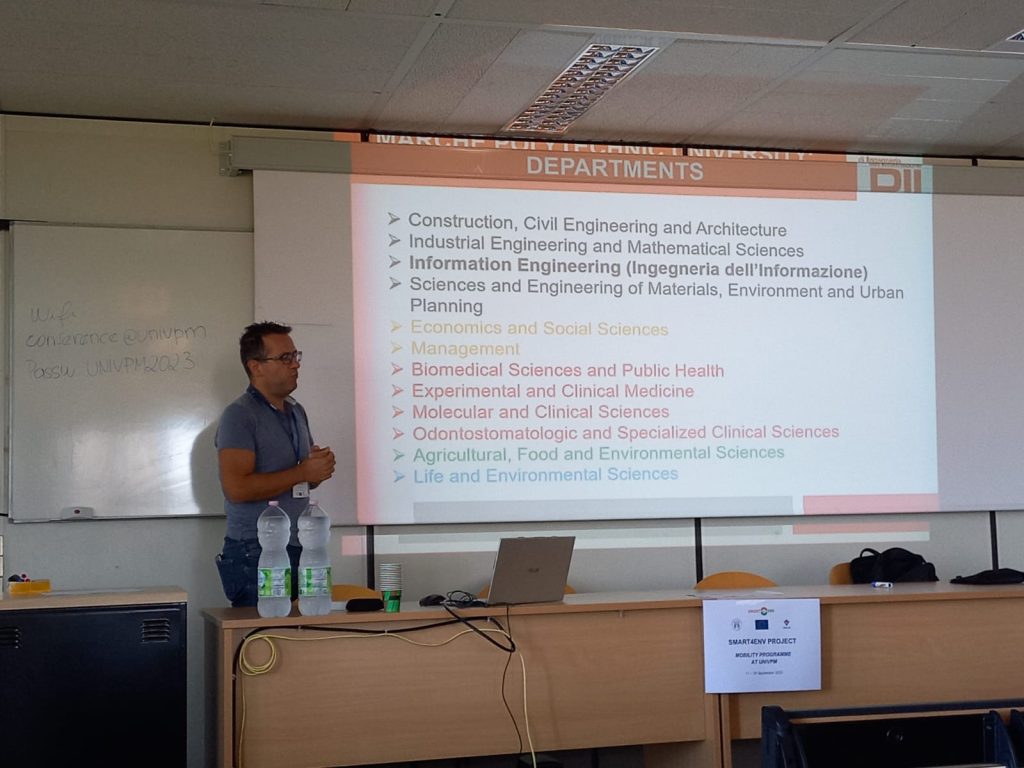
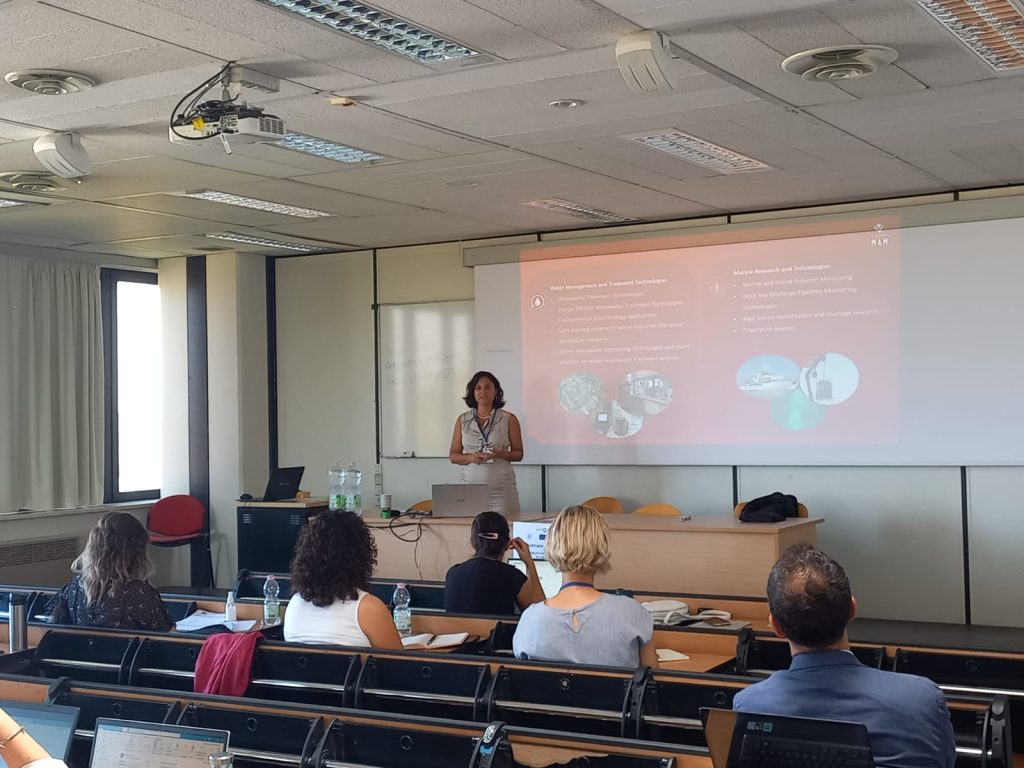
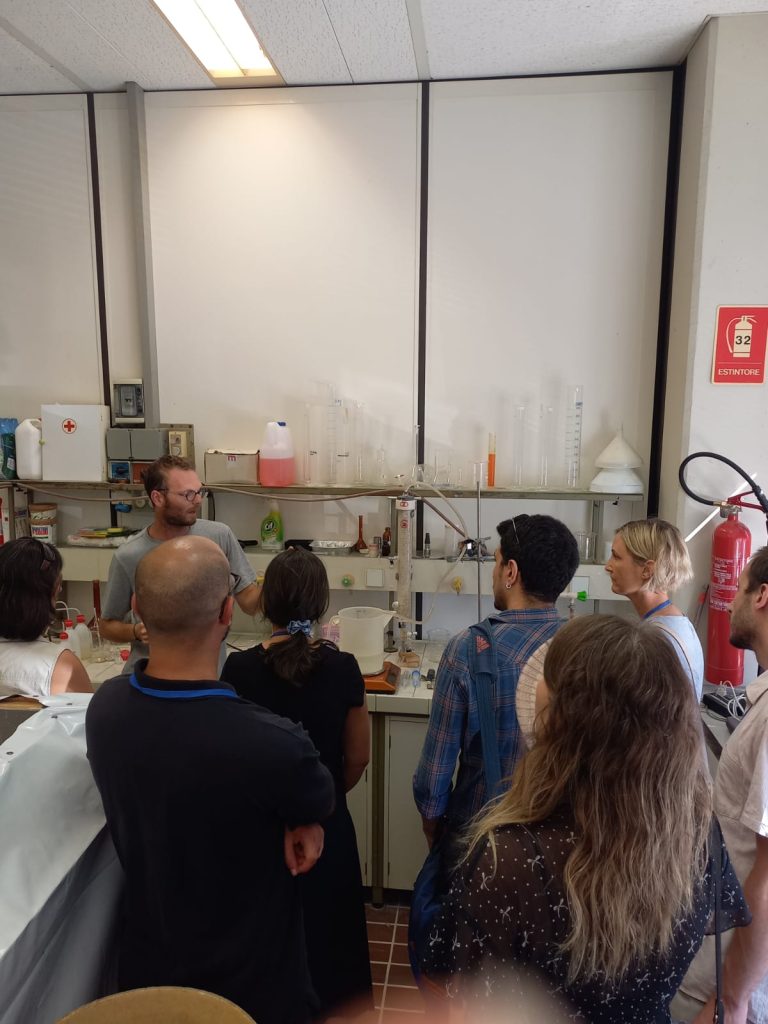
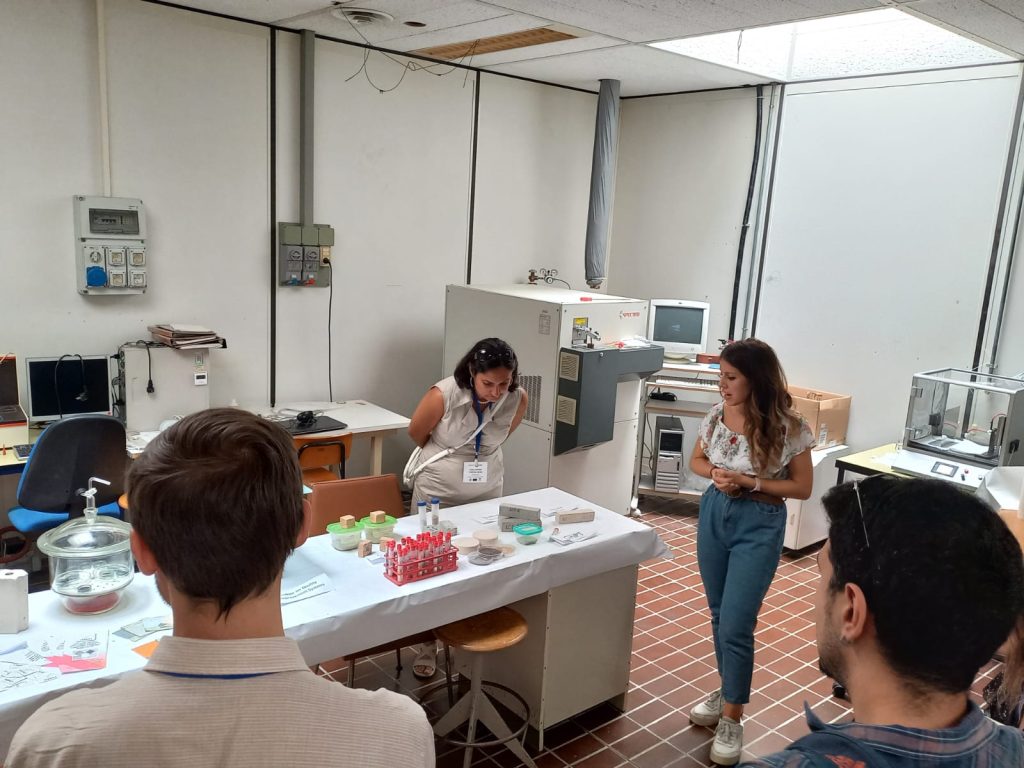
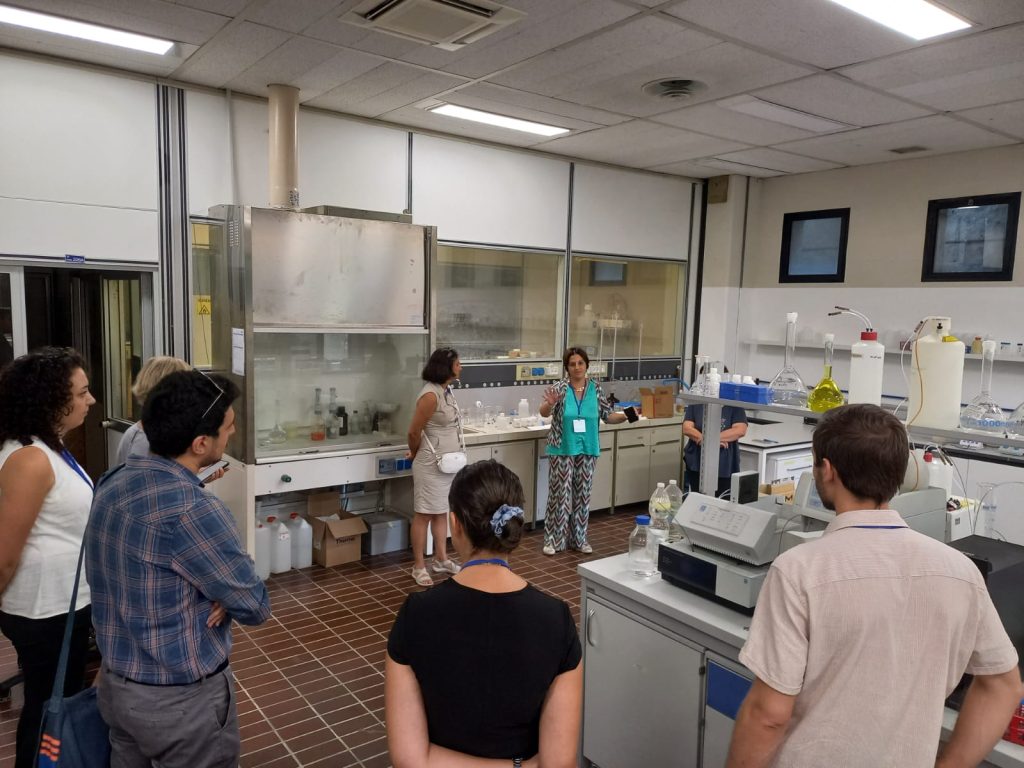
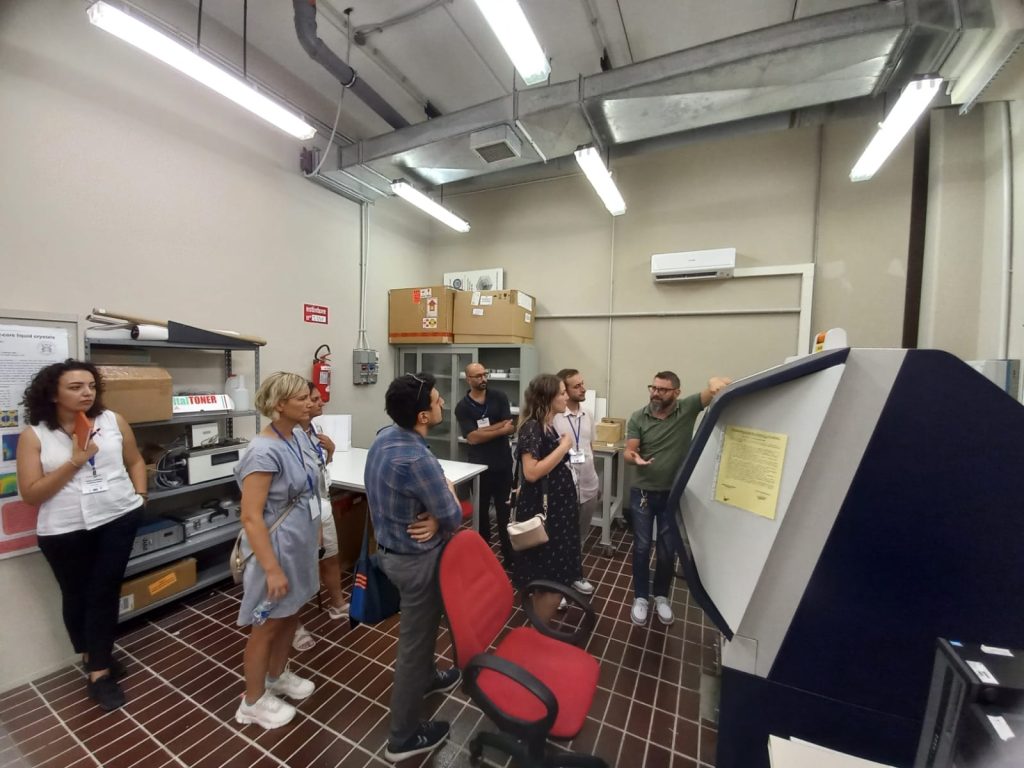
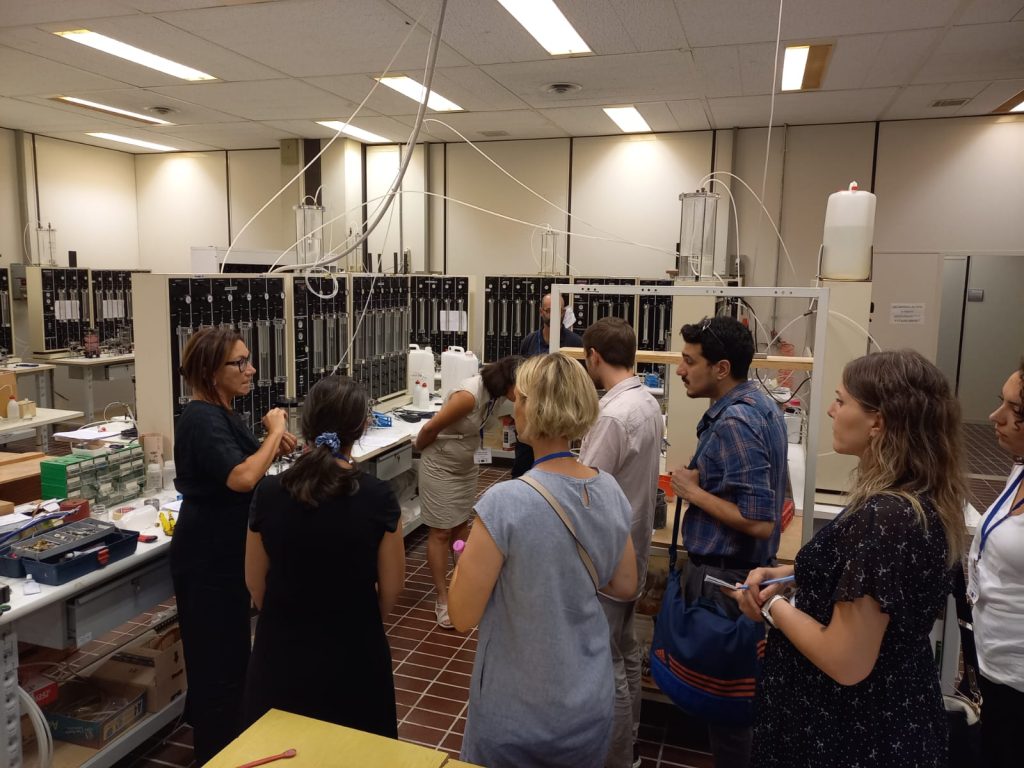
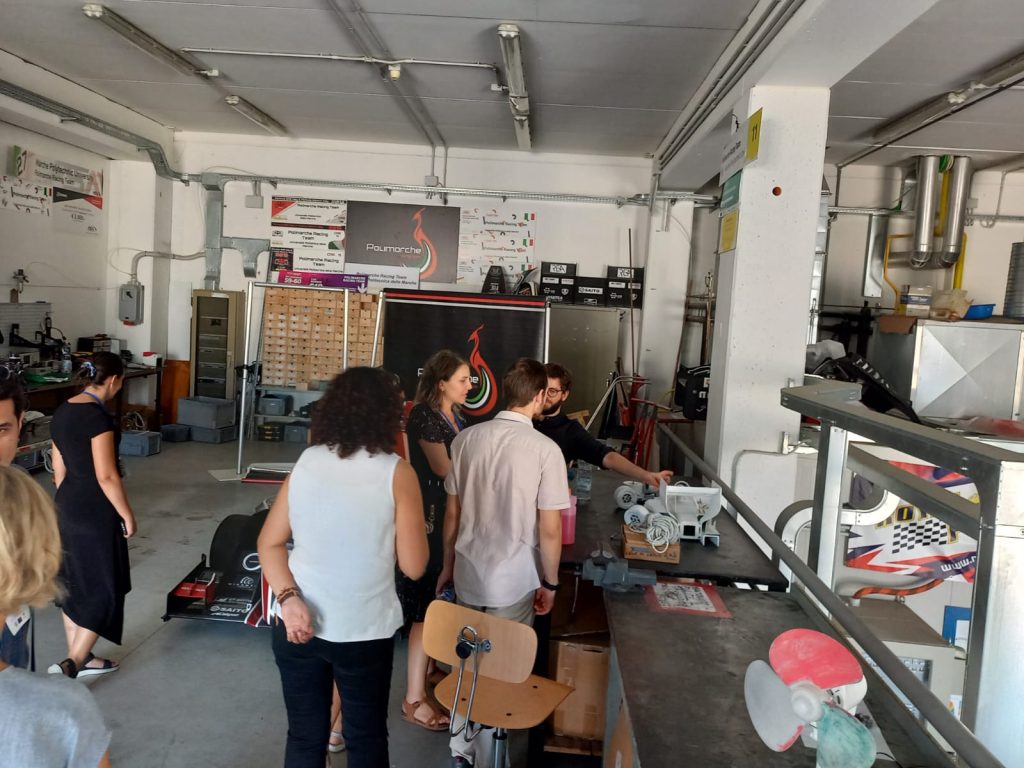
Tuesday September 12, 2023, Technical Visit to Lab (DIECA &DII department) All Groups
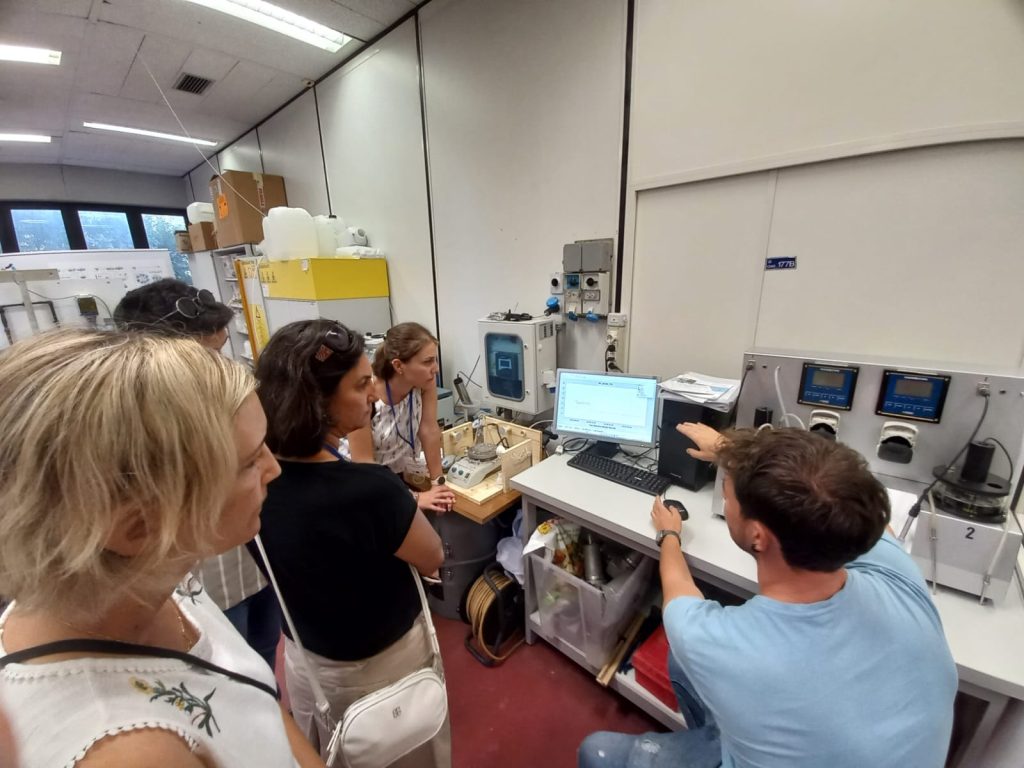
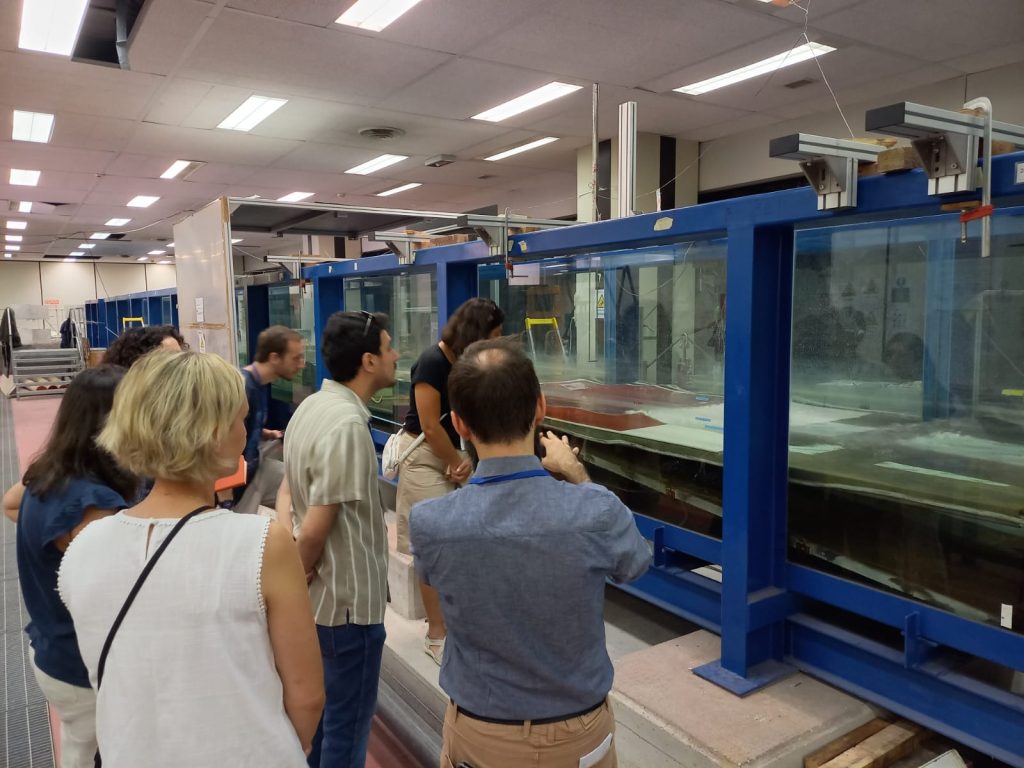
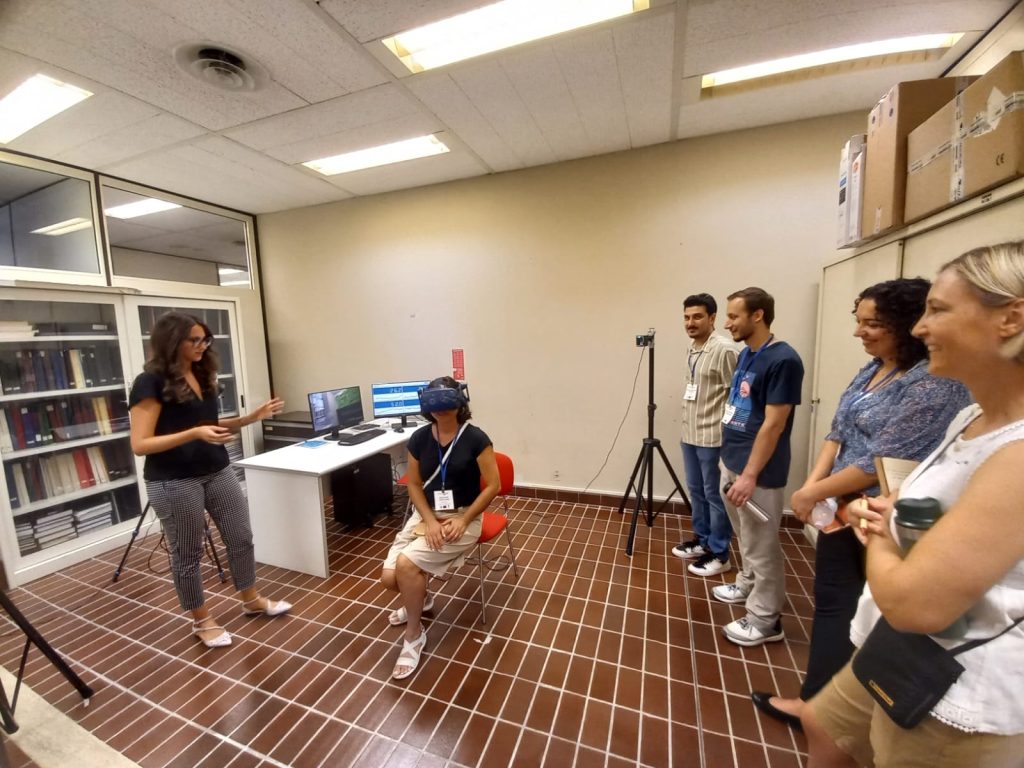
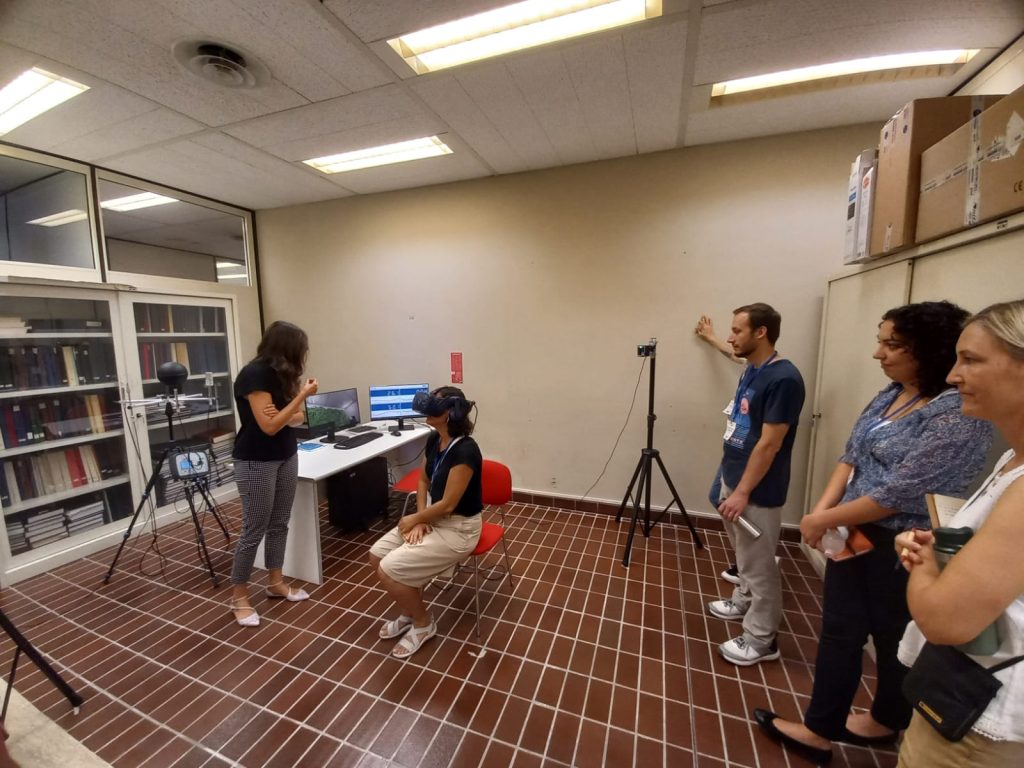
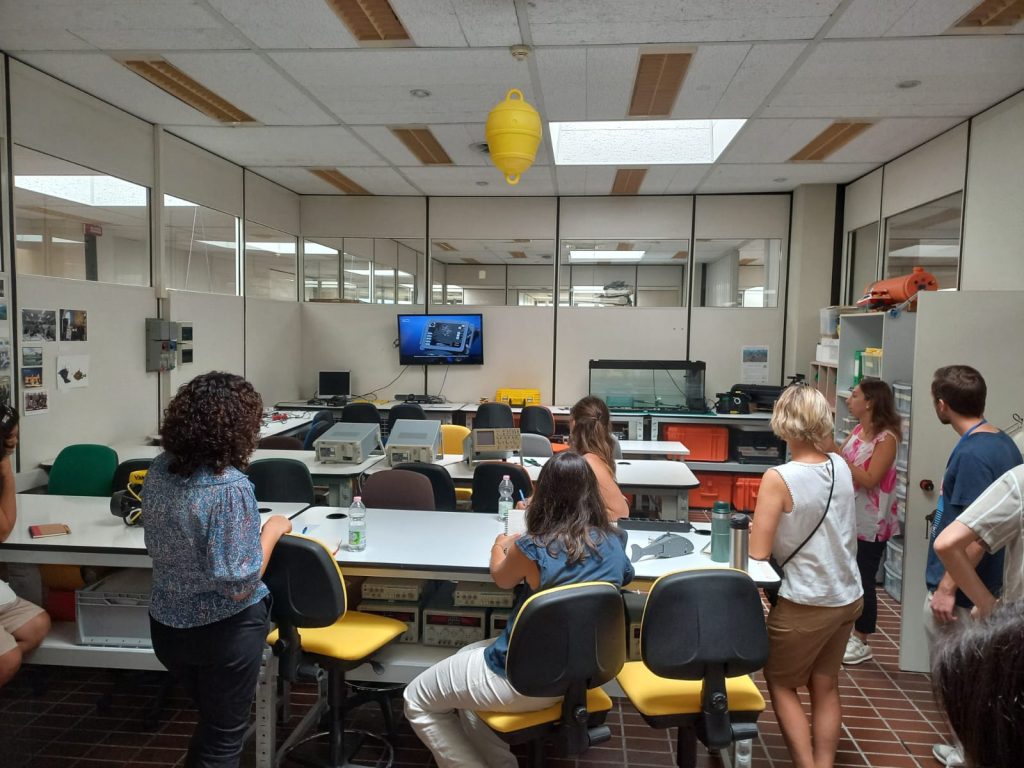
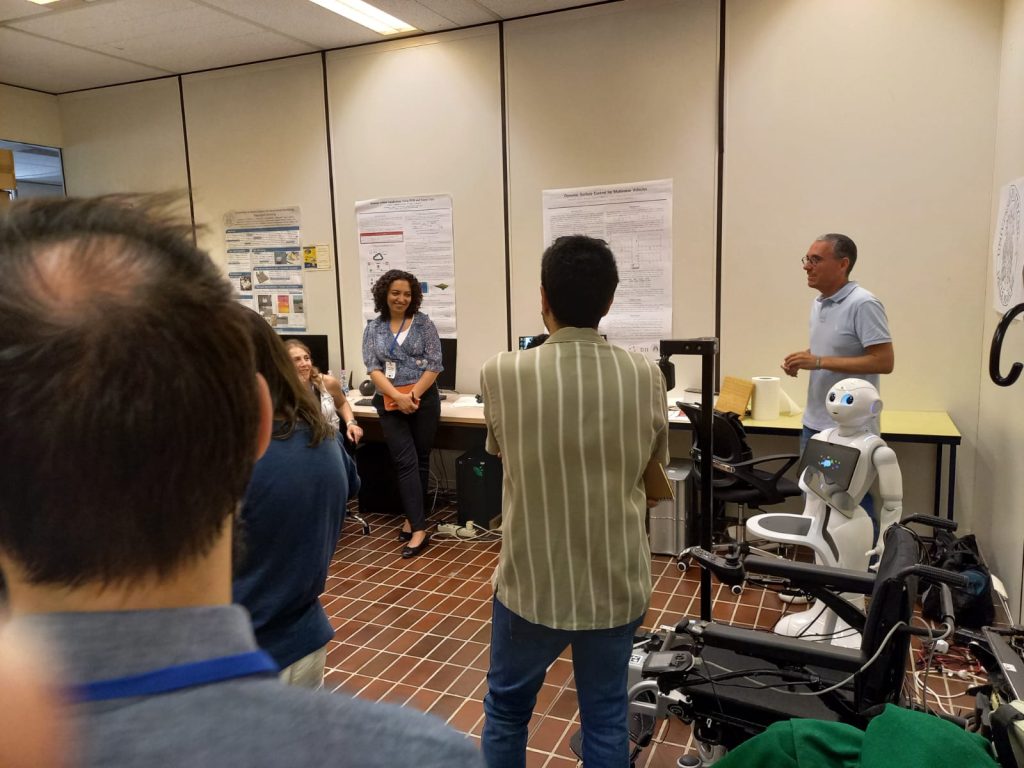
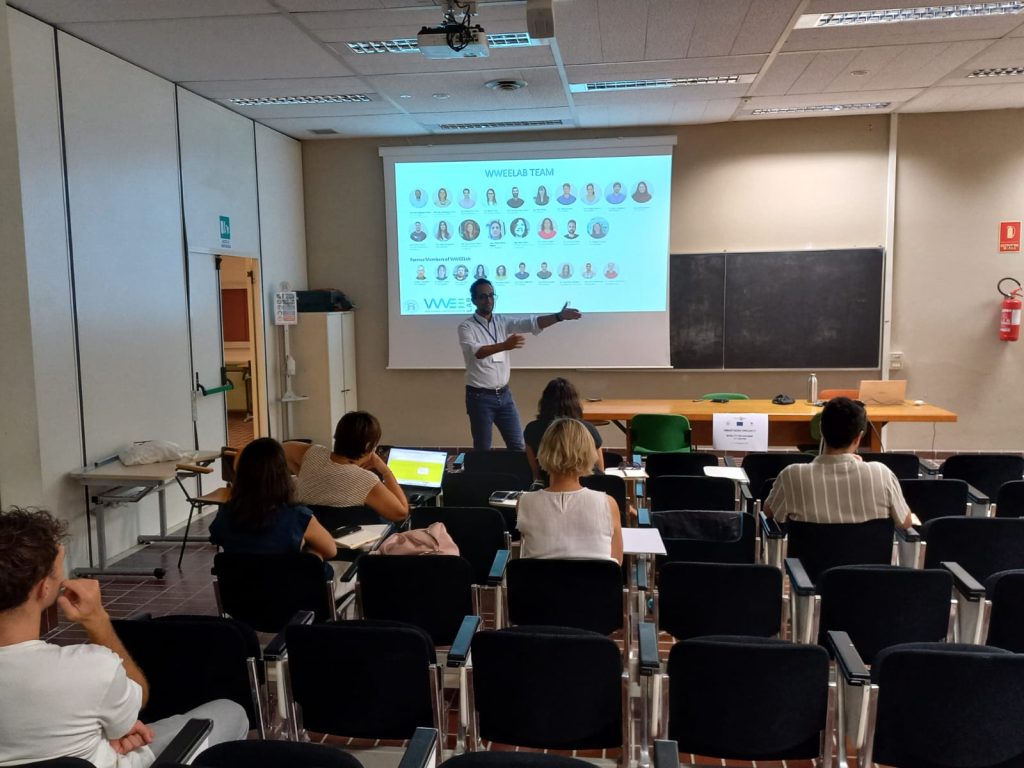
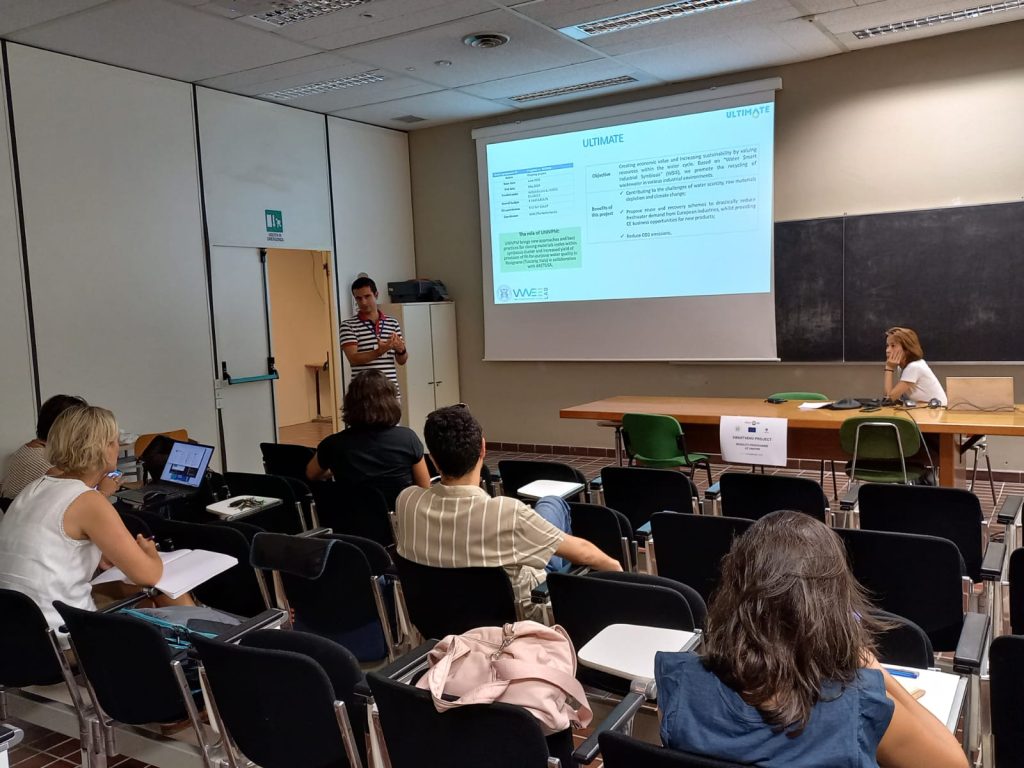
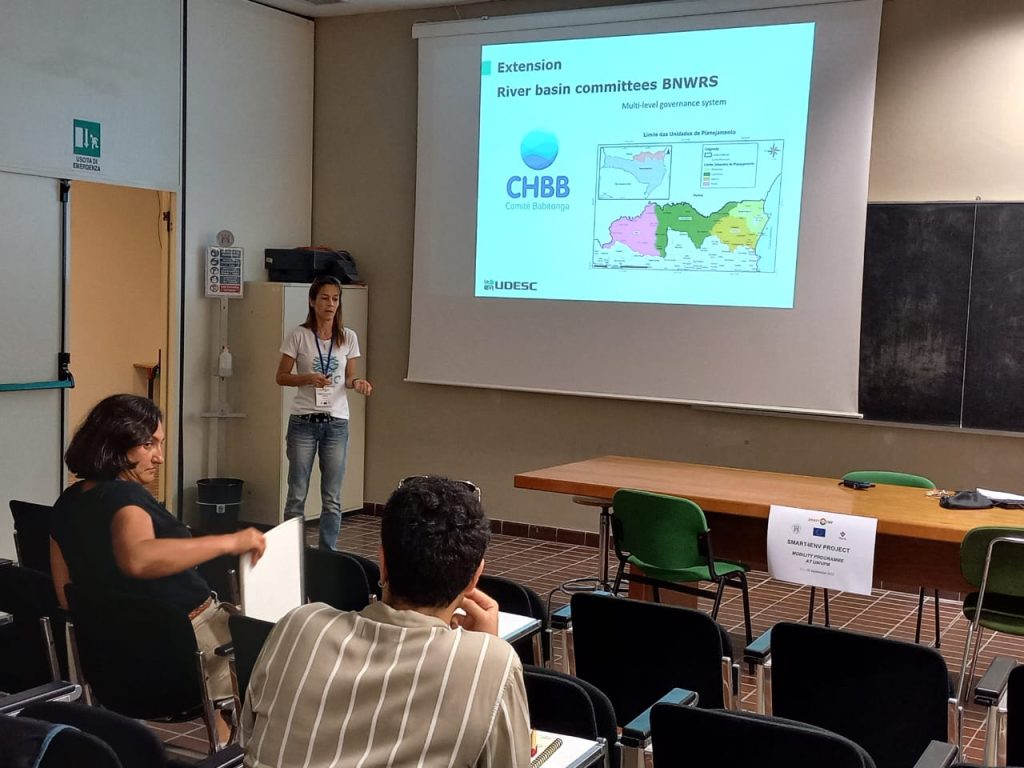
Wednesday September 13, 2023Site visit of Air Pollution Researchers:
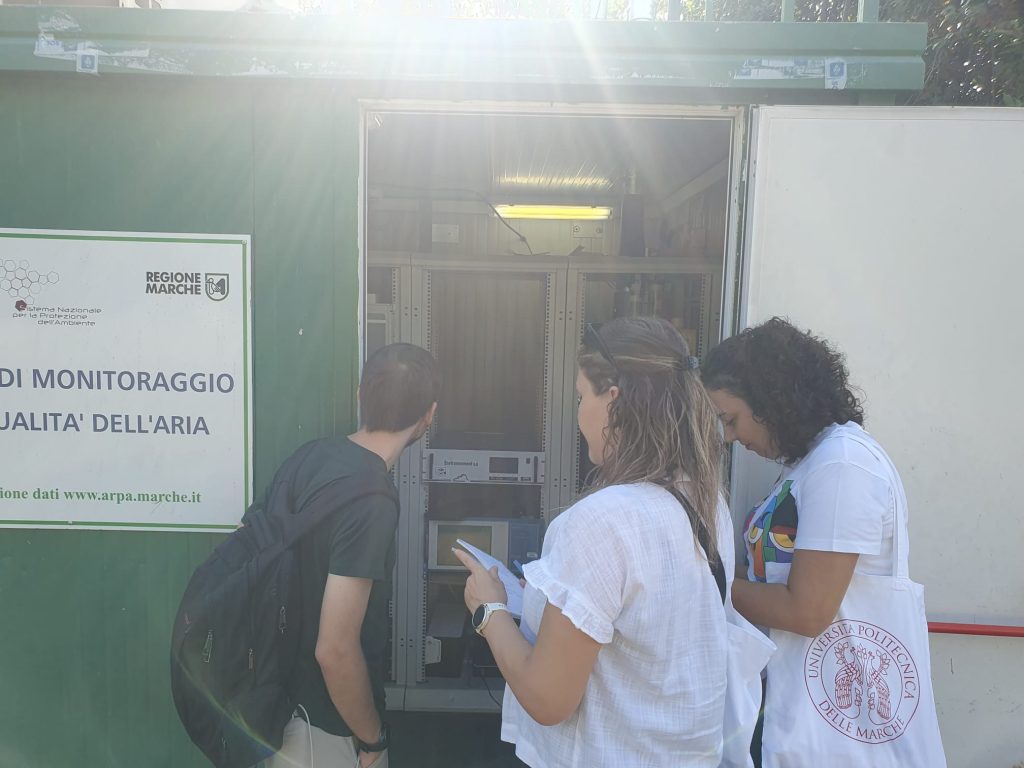

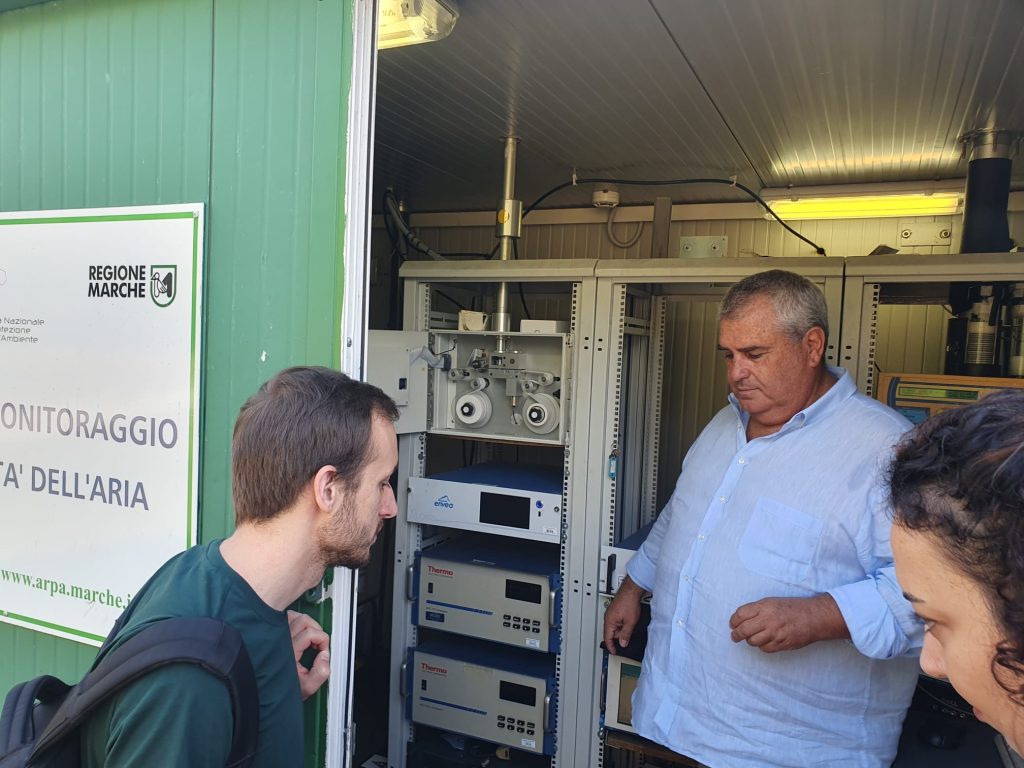
On the 3rd day of Mobility Program air quality team (IT3) has visited the Ancona Cittadella Air Quality Monitoring Station which is being operated by the Regional Agency for Environmental Protection, Marche (ARPAM). The team then met with a software company working on the collection and transmission of both air quality and stack gas monitoring data and a technology company working on the production and maintenance of air quality monitoring stations
Specific objectives of SMART4ENV Mobility In Italy
⦁ Knowledge on visual sensors and imaging techniques applied to water and wastewater management. IT1
⦁ Knowledge on main real-time chemical dosing systems and monitoring solutions for coagulation-flocculation process optimization.IT1
⦁ Knowledge on possible IoT and implementation of data analysis algorithms in wastewater treatment plants .IT1.
⦁ Knowledge on remote sensing techniques and satellite systems to estimate water and nutrient stress.IT2.
⦁ Knowledge on IoT technologies to support the acquisition and processing of field data.IT2.
⦁ Knowledge on AI techniques to process remotely/ground sensed data focusing on time-series forecast (e.g., images, soil probes, weather data).IT2.
⦁ Knowledge on air pollution monitoring by means of local stations and mobile stations.IT3.
⦁ Knowledge on Time Series of environmental data with a special focus on validation and remediation.IT3.
⦁ Knowledge on Air Pollution Modelling including emission estimate and dispersion modelling in complex urban environments and complex coastal areas.IT.3.
⦁ Increase the knowledge of the current state of the art on the modelling of coastal flows and coastal monitoring currently deployed by UNIVPM.IT4.
⦁ Knowledge on real-time chemical dosing for increased resiliency and efficiency in treatment plants.IT5.
⦁ Knowledge on assessment of floc structure and settling monitoring using real-time images and visual techniques.IT5



